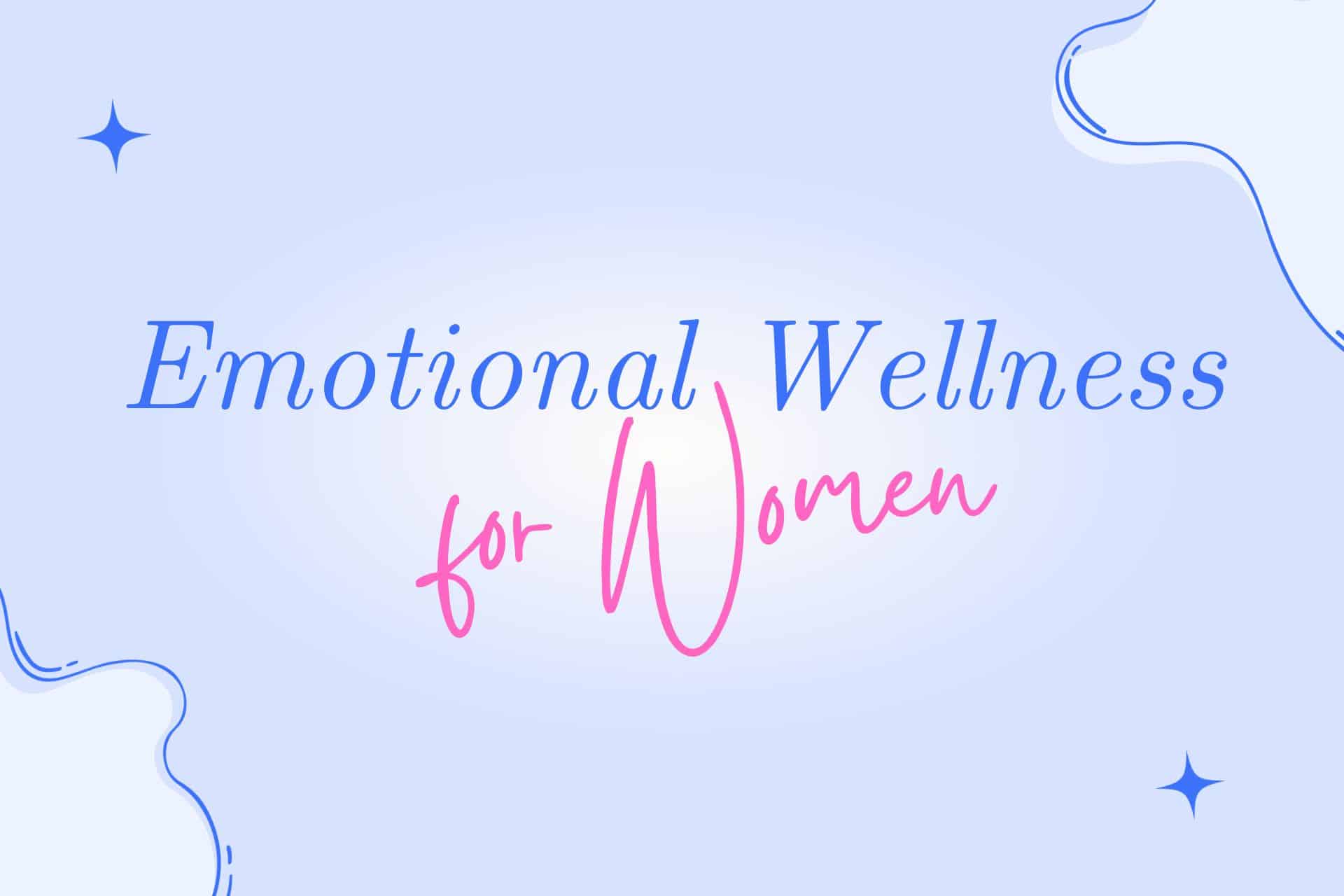From Stressed to Strong: 10 Transformative Steps for Emotional Wellness
In the whirlwind of life, where every day brings its own challenges and triumphs, maintaining emotional wellness often takes a backseat, especially for women.
We understand – sometimes, the weight of juggling personal ambitions, family responsibilities, and the myriad of societal expectations can feel overwhelming. That’s why we’re here, to walk alongside you on this journey towards emotional wellness.
Our expertise in this field, drawn from extensive research and real-life experiences, equips us to guide you with empathy and insight. This isn’t just about managing emotions; it’s about thriving in every facet of life.
So, whether you’re seeking to understand your emotional landscape better, looking for practical ways to enhance your well-being, or need a reminder that you’re not alone, you’ve found the right place. Let’s explore the nuanced world of emotional wellness and unlock the doors to a more balanced, fulfilling life.
Keep reading because this is where your path to emotional empowerment begins.
Let’s get started!
Here's What You Will Find

Key Takeaways
Emotional Wellness
Emotional Wellness Is Vital: Recognize the importance of emotional wellness and take proactive steps to maintain it.
Unique Challenges for Women: Understand women’s unique challenges in achieving emotional wellness and develop tailored strategies to address them.
Empowerment Through Sharing: Share your journey and experiences with others to empower yourself and your community.
Small Steps, Big Impact: Remember that small, consistent actions can significantly improve your emotional health.
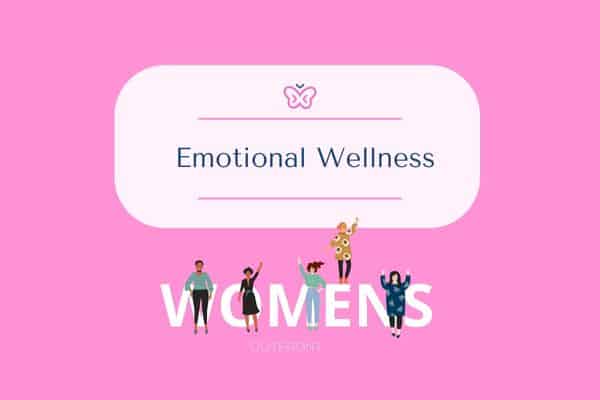
Understanding Emotional Wellness: More Than Just Feelings
Defining Emotional Wellness
Emotional wellness is a multifaceted concept, particularly vital for women who often juggle many personal and societal roles. At its essence, being emotionally well involves more than just handling day-to-day emotions. It’s about developing the capacity to process feelings, cope with various challenges, and bounce back from setbacks.
What is Emotional Wellness?
Emotional wellness is the dynamic process of understanding and effectively managing one’s emotions, fostering resilience, maintaining a positive outlook, and achieving a healthy balance in responding to life’s challenges and opportunities. It encompasses the ability to process feelings, cope with stressors, and thrive in both personal and professional life, contributing to overall well-being and happiness.
Emotional wellness transcends the absence of mental health issues; it’s about thriving daily, managing your emotional landscape effectively, and fostering a positive outlook.
Significance for Women
For women, emotional wellness holds unique importance. The dual demands of career, home life, and societal expectations can significantly impact emotional health.
Women’s emotional wellness is not a uniform experience; it’s a tapestry woven from individual experiences, backgrounds, and societal roles. Acknowledging these differences is critical in understanding and nurturing a healthy emotional state.
This means recognizing that strategies for emotional wellness can vary greatly among women, influenced by a complex interplay of genetics, environment, and individual personality.
Emotional Wellness and Physical Health
Recent advancements in psychology and neuroscience have illuminated the profound connection between emotional and physical well-being. Research indicates that high levels of emotional wellness correlate with reduced stress, stronger immune function, and improved overall health.
This symbiotic relationship suggests that a positive emotional state can enhance physical health, which supports emotional well-being, creating a beneficial cycle of health and wellness.
How to Achieve Emotional Wellness
Achieving emotional wellness is a personal and proactive journey involving self-awareness, healthy habits, and support. Here are some key steps to guide this journey:

Step 1. Develop Self-Awareness
Understand your emotions, triggers, and how you respond to various situations.
Step 2. Practice Mindfulness
Engage in meditation and yoga to stay present and reduce stress.
Step 3. Maintain Physical Health
Regular exercise, a balanced diet, and adequate sleep contribute significantly to emotional wellness.
Step 4. Cultivate Positive Relationships
Surround yourself with supportive and understanding people.
Step 5. Learn Stress Management Techniques
Utilize strategies such as deep breathing, progressive muscle relaxation, or guided imagery to manage stress effectively.
Step 6. Seek Professional Help When Needed
Don’t hesitate to consult mental health professionals for guidance and support.
Step 7. Set Realistic Goals and Expectations
Understand your limits and set achievable goals in your personal and professional life.
Step 8. Engage in Activities You Enjoy
Allocate time for hobbies and interests that bring you joy.
Step 9. Practice Gratitude and Positivity
Focus on the positive aspects of your life and practice gratitude regularly.
Step 10. Stay Open to Learning and Growth
Embrace new experiences and opportunities for learning, which can provide a fresh perspective and contribute to emotional resilience.
Each step contributes to building a more emotionally balanced and fulfilling life tailored to individual needs and circumstances.
Misconceptions and Myths About Emotional Wellness
Common misconceptions about emotional wellness can hinder seeking support or improving one’s emotional state. A prevalent myth is that emotional wellness equates to constant happiness.
The journey to emotional wellness is often clouded by misconceptions and myths, which can become barriers to effectively managing one’s emotional state. Understanding and debunking these myths allows us to adopt a more realistic and healthy approach to emotional wellness.
Myth #1: Emotional Wellness Means Being Happy All the Time
Emotional wellness is not about constant happiness. It’s about experiencing a full range of emotions, from joy to sadness, and understanding how to navigate them healthily. True emotional wellness acknowledges that experiencing negative emotions is a natural and necessary part of the human experience.
Myth #2: Emotional Wellness is a Sign of Weakness
There’s a common misconception that expressing emotions or working on emotional wellness is a sign of weakness. Acknowledging and addressing your emotional state is a sign of strength and self-awareness. It takes courage to confront and work through emotions rather than ignoring them.
Myth#3: Emotional Wellness Can Be Achieved Quickly
Another misconception is that emotional wellness can be achieved quickly or is a static state. Emotional wellness is a continuous process that requires ongoing effort and adaptation. It’s about developing long-term habits and strategies for managing emotions, not seeking a quick fix.
Myth #4: Only People with Mental Health Issues Need to Focus on Emotional Wellness
Emotional wellness is important for everyone, regardless of their mental health diagnosis. Like physical fitness, emotional wellness is something everyone can benefit from improving. It’s an essential component of a healthy and balanced life.
Myth #5: Emotional Wellness is Entirely Self-Managed
While personal strategies and self-awareness are important for emotional wellness, it’s also crucial to recognize the role of external support. Seeking help from friends, family, or professionals is acceptable and vital to maintaining emotional health.
We can approach emotional wellness with a more informed and compassionate understanding by dispelling these myths and misconceptions. It’s about creating a balanced perspective on how we experience and manage our emotions, leading to a healthier and more fulfilling life.
In reality, emotional wellness encompasses a broad spectrum of emotions, including those that are negative or challenging. The key lies in effectively understanding and managing these emotions, not avoiding or suppressing them.
Emotional Wellness as a Journey for Women
The Unique Emotional Landscape of Women
Viewing emotional wellness as an ongoing journey rather than a fixed destination is essential. This journey is about developing resilience, cultivating a positive mindset, and navigating life’s complexities gracefully.
For women, this means finding balance in the face of unique challenges and embracing the strength from this dynamic process of emotional growth and understanding.
Societal Roles and Expectations
Societal roles and expectations deeply influence the emotional experiences of women. From a young age, many women are socialized to prioritize the needs of others, often at the expense of their own emotional needs. This ingrained sense of duty can lead to a habitual neglect of self-care and emotional well-being.
Such societal norms can exert a subtle yet profound influence, shaping how women perceive and manage their emotions. While often lauded, this self-sacrificing approach can lead to long-term impacts on emotional wellness, contributing to feelings of exhaustion, resentment, or a loss of identity.
Life Stages and Hormonal Changes
Distinct stages mark Women’s lives, each accompanied by hormonal changes and emotional challenges. Menstruation, pregnancy, motherhood, and menopause are not just biological events; they carry significant emotional implications. These stages can bring about fluctuations in mood and mental health, influenced by hormonal changes.
Understanding these transitions is crucial for women, enabling them to prepare for and manage these shifts in their emotional landscape. It’s important to normalize discussions around these stages, acknowledging their impact and seeking support when needed.
Intersectionality in Emotional Wellness
The concept of intersectionality is pivotal in understanding the emotional wellness of women. It recognizes that women’s experiences are not homogeneous; an interplay of various factors like race, socioeconomic status, and sexuality shapes them. These intersecting identities can compound the emotional challenges faced by women.
For instance, a woman of color may face unique stressors related to racial and gender bias, which can impact her emotional health differently than her peers. Recognizing this diversity is key to developing inclusive and effective approaches to emotional wellness that cater to the varied experiences of women from all walks of life.
Celebrating Strength and Resilience
While addressing the unique factors affecting women’s emotional wellness, it’s equally important to celebrate their inherent strength and resilience. Women often exhibit remarkable adaptability and emotional strength, with grace and determination, managing complex roles and challenges.
This resilience is a powerful asset in navigating the emotional landscape. By recognizing and valuing these strengths, women can be empowered to approach their emotional wellness with confidence and positivity.
In understanding the unique emotional landscape of women, we gain insight into the nuanced ways in which societal roles, life stages, intersectional factors, and inherent strengths interact to shape their emotional well-being. This understanding is crucial in developing tailored approaches to support and enhance women’s emotional wellness in all their diversity.
Strategies for Nurturing Emotional Wellness
Embarking on the journey to emotional wellness can be both empowering and challenging, especially for women who often balance multiple roles in their daily lives. It’s essential to have a set of personalized strategies to navigate this path. From cultivating self-awareness to embracing the power of self-care and setting healthy boundaries, these tactics are not just about coping – they’re about thriving.
We’ll explore practical and effective strategies to help you nurture your emotional wellness, ensuring you’re equipped to handle life’s complexities with resilience and grace. Whether you’re looking to fortify your current practices or seeking new ways to enhance your emotional well-being, these insights are tailored to meet you where you are on your unique journey.
1. Developing Self-Awareness
The foundation of emotional wellness lies in self-awareness. This involves understanding your emotions, recognizing their triggers, and identifying your unique coping mechanisms. You can develop healthier emotional habits by becoming more attuned to your emotional states and responses.
Self-awareness allows you to understand why you feel a certain way and how to effectively manage these emotions, leading to a more balanced emotional life.
2. Practicing Self-Care
Self-care is a crucial strategy for emotional wellness. It’s about taking actions that nourish your mental, emotional, and physical health. Self-care strategies can include:
Relaxation Activities
Engage in activities that help you unwind, such as taking a warm bath, reading a favorite book, or listening to soothing music.
Regular Exercise
Physical activity is not only good for the body but also for the mind. It can help alleviate stress and improve mood.
Meditation and Mindfulness
Practices like meditation and mindfulness help in centering your thoughts and calming your mind.
Healthy Eating
A balanced diet contributes to overall well-being, including emotional health.
Adequate Sleep
Ensuring you get enough rest is crucial for emotional balance.
3. Setting Boundaries
Learning to set boundaries is essential for emotional wellness. This involves:
Saying No
Understand it’s okay to decline requests that are too demanding or stressful.
Seeking Help
Don’t hesitate to ask for assistance when overwhelmed.
Distancing from Toxicity
Identify and distance yourself from relationships or environments that harm your emotional health.
4. Building a Supportive Network
A strong support network is invaluable for emotional wellness. Surround yourself with people who:
Uplift and Support
Be around those who encourage and understand you.
Offer a Safe Space
Find individuals or groups where you can express your emotions freely and without judgment.
Provide Different Perspectives
A diverse network can offer varied viewpoints and advice.
5. Incorporating Mindfulness and Relaxation Techniques
Mindfulness and relaxation techniques are powerful tools for maintaining emotional balance. These include:
Deep Breathing Exercises
Practice breathing techniques to calm the mind and reduce stress.
Yoga
Engage in yoga to improve both physical and emotional health.
Mindfulness Meditation
Use meditation to focus on the present, helping to alleviate concerns about the past or future.
Each of these strategies plays a crucial role in nurturing emotional wellness. Integrating these practices into your daily routine allows you to work towards a more emotionally balanced and fulfilling life.
Remember, the journey to emotional wellness is personal, and what works for one may not work for another. It’s about finding what resonates with you and incorporating it into your life sustainably and beneficially.
Overcoming Challenges to Emotional Wellness
The path to emotional wellness is often lined with various challenges. Recognizing and addressing these obstacles is essential for women striving to achieve a balanced emotional state.
Managing Workplace Stress
Workplace stress is a significant challenge for many women, who are often caught between professional responsibilities and domestic duties. Strategies to manage this include:
Prioritizing Tasks
Focus on what’s important and manage your workload effectively.
Seeking Support at Work
Don’t hesitate to ask for help or delegate tasks when possible.
Flexible Work Arrangements
Explore remote work or flexible hours to balance work and personal life better.
Dealing with Mental Health Issues
Mental health issues are a crucial challenge, often compounded by societal stigma. Overcoming this involves:
Educating Oneself
Learn more about mental health to understand and destigmatize these issues.
Seeking Professional Help
Consult mental health professionals without fear of judgment when needed.
Participating in Awareness Programs
Engage in programs that promote mental health awareness and support.
Handling Self-Imposed Pressures
The pressure to excel in every role can be overwhelming. Strategies to manage this pressure include:
Setting Realistic Expectations
Understand that it’s okay not to be perfect in every aspect of life.
Embracing Imperfection
Accept that making mistakes is a part of life and personal growth.
Self-Compassion
Be kind to yourself and acknowledge your efforts and achievements.
Navigating Societal Expectations
Societal expectations often place undue pressure on women, requiring strategies to navigate them:
Asserting Individuality
Stand firm in your values and choices, even if they differ from societal norms.
Seeking Like-Minded Communities
Connect with groups or communities that share and support your views and experiences.
Challenging Stereotypes
Actively work to break down stereotypes that limit women’s roles and capabilities.
Balancing Personal and Professional Life
Achieving a work-life balance is a common challenge, which can be addressed by:
Setting Boundaries
Clearly define what time and resources you will allocate to work and personal life.
Time Management
Effectively manage your time to meet your career and personal goals.
Self-Care
Remember to include self-care to maintain a healthy balance.
By understanding and actively addressing these challenges, women can make significant strides toward achieving emotional wellness. It’s a process that requires patience, effort, and, often, a shift in perspective, but the journey toward a more balanced and emotionally fulfilling life is undoubtedly worthwhile.
Real-Life Success Stories
Women Who Thrived
To illustrate the power of emotional wellness strategies, let’s turn to real-life success stories of women who have navigated their emotional wellness journeys with resilience and grace. These stories inspire and give practical insights into how these strategies can be applied in everyday life.
Take, for instance, Maya, a working mother who faced the daunting task of balancing her career with her role as a parent. Initially overwhelmed by the pressures of perfection, Maya learned to prioritize her tasks and set realistic goals at work and home.
She found strength in a support group of fellow working mothers and regularly dedicated time to self-care activities that rejuvenated her. Maya’s journey is a testament to the power of community support, boundary setting, and self-compassion in nurturing emotional wellness.
Then there’s Aisha, who overcame significant workplace stress in a highly competitive industry. Aisha faced the challenge of asserting her worth and seeking respect in her professional role while managing her mental health.
Through counseling, mindfulness practices, and developing a strong network of mentors and peers, Aisha improved her emotional wellness and found greater fulfillment and success in her career. Her story highlights the importance of seeking professional help, the effectiveness of mindfulness, and the strength that comes from mentorship.
The Power of Community and Sharing
The journey towards emotional wellness should not be walked alone. The power of community and sharing experiences cannot be overstated. The journey becomes less daunting when women unite, share their stories, and support each other.
Building a community, whether online or in-person, creates a space where women can share their challenges and successes, learn from each other, and find solidarity. This community can take many forms: a group of friends, a support group, online forums, or social media platforms. What matters is the sense of connection and mutual support.
Sharing your own journey can be incredibly empowering, not just for you but for others who hear your story. It helps to break down the stigma around emotional health and creates an environment where seeking help and discussing emotional challenges becomes normalized.
We encourage you, our readers, to share your experiences and insights with others. Whether through a casual conversation, a social media post, or a more formal setting, your story can inspire and support someone else on their path to emotional wellness.
Emotional Wellness Tips
Enhancing emotional wellness is a continuous process that benefits greatly from practical and effective tips. Here are some strategies to help maintain and improve emotional well-being:
Prioritize Self-Care
Regularly engage in activities that promote relaxation and happiness.
Stay Connected
Maintain a strong social network for emotional support.
Embrace Healthy Living
Exercise, eat well, and get enough sleep.
Practice Mindfulness
Incorporate mindfulness techniques into daily routines.
Set Boundaries
Know your limits and communicate them.
Keep a Journal
Express thoughts and feelings through writing.
Seek Professional Help
Don’t hesitate to contact mental health professionals.
Learn Stress-Reduction Techniques
Explore methods like meditation, yoga, or deep breathing exercises.
Stay Optimistic
Focus on positive thinking and gratitude.
Cultivate Emotional Intelligence
Work on understanding and managing your emotions effectively.
These tips, when consistently practiced, can lead to significant improvements in emotional wellness.
Scientific Insights into Emotional Wellness
Understanding Women’s Mental Health
Recent scientific studies offer new insights into emotional wellness in women:
Brain Compounds and Emotional Wellness
Brown University’s study found that the brain compound N-acetyl aspartate (NAA) is key to emotional wellness, correlating with emotional fluidity and positive emotions.
Women’s Mental Health Differences
National Institute of Mental Health research indicates that certain mental disorders, like depression and anxiety, are more common in women, underscoring the importance of understanding gender-specific mental health needs.
Gut Health and Emotional Well-Being
Research from Brigham and Women’s Hospital links gut bacteria to women’s emotional well-being, showing that emotional regulation impacts gut microbiome diversity, affecting emotional and physical health.
These studies highlight the complexity of emotional wellness in women, encompassing neurological, psychological, and physiological aspects.
FAQs on Emotional Wellness for Women
Let’s address some common questions about emotional wellness for women:
Can emotional wellness practices make a difference?
Absolutely. Self-care, mindfulness, and positive coping strategies can significantly improve your emotional health and well-being.
How can I start improving my emotional wellness today?
Begin with small steps like setting aside time for activities you enjoy, practicing gratitude, and reaching out to a supportive friend or family member. Remember, the journey to emotional wellness is a gradual process.
Is it normal to feel overwhelmed while trying to improve emotional wellness?
Yes, it’s completely normal. Remember, it’s a journey with ups and downs. Be patient with yourself and consider seeking support from professionals or support groups when needed.
Embracing Your Journey
Final Reflections on Emotional Wellness for Women
In exploring emotional wellness for women, we’ve explored understanding and nurturing our emotional health. From practical strategies to inspiring stories, we hope this article has provided valuable insights and tools to enhance your emotional wellness journey.
Remember, your emotional well-being is as important as your physical health, and seeking help and support is okay. Share this knowledge with other women, and let’s create a community of strong, emotionally well women.
Write a short conclusion that includes the words emotional wellness. Do not regurgitate what you wrote; provide a positive message and encourage the reader to read other related articles. Encouraging the reader to share the post with other women they think are in the same position is important. Also, include a sentence that they can always contact us if they have questions or need help.
More on Self-Care
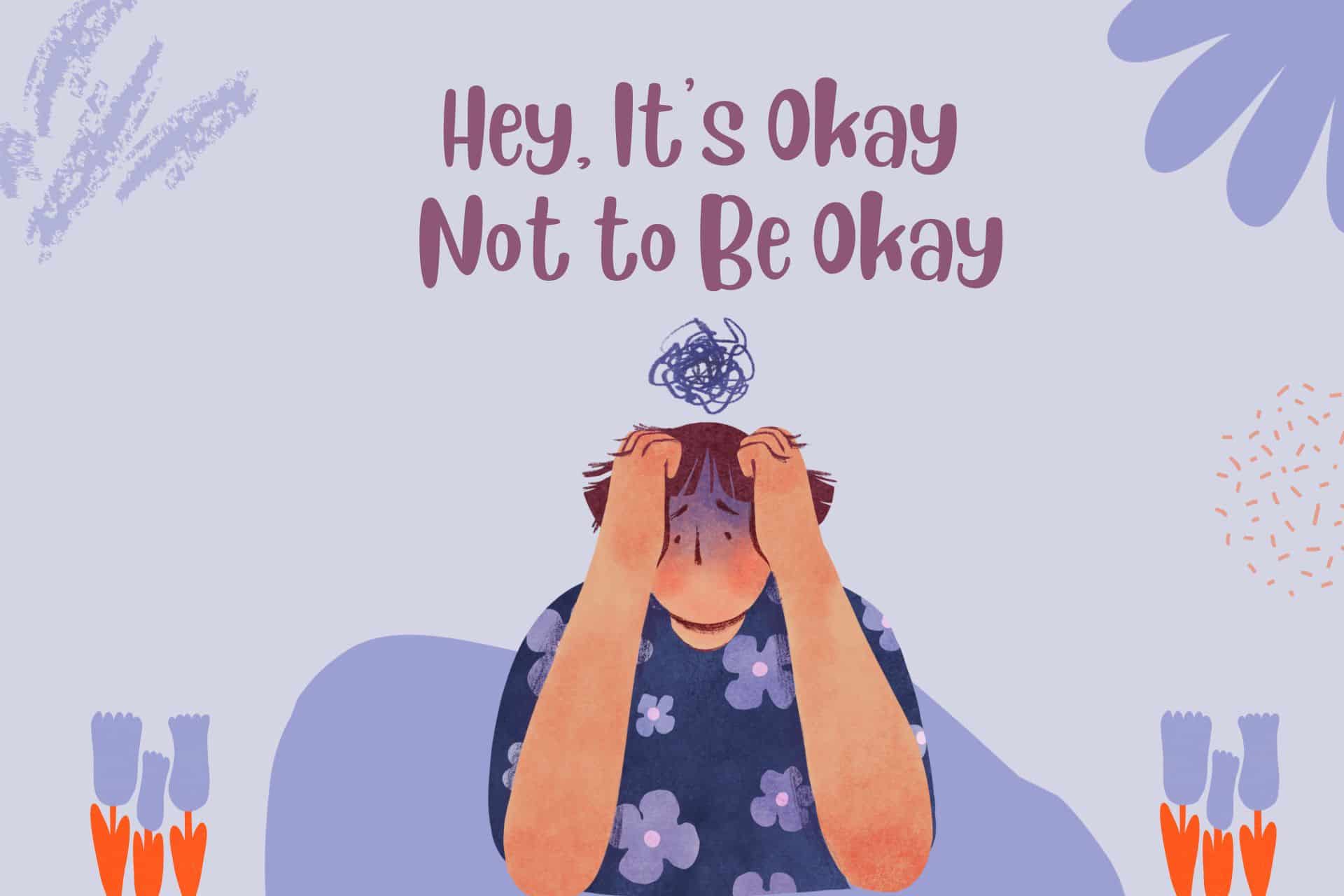
It’s Okay Not to Be Okay: How Embracing Your True Self Can Transform Your Life!
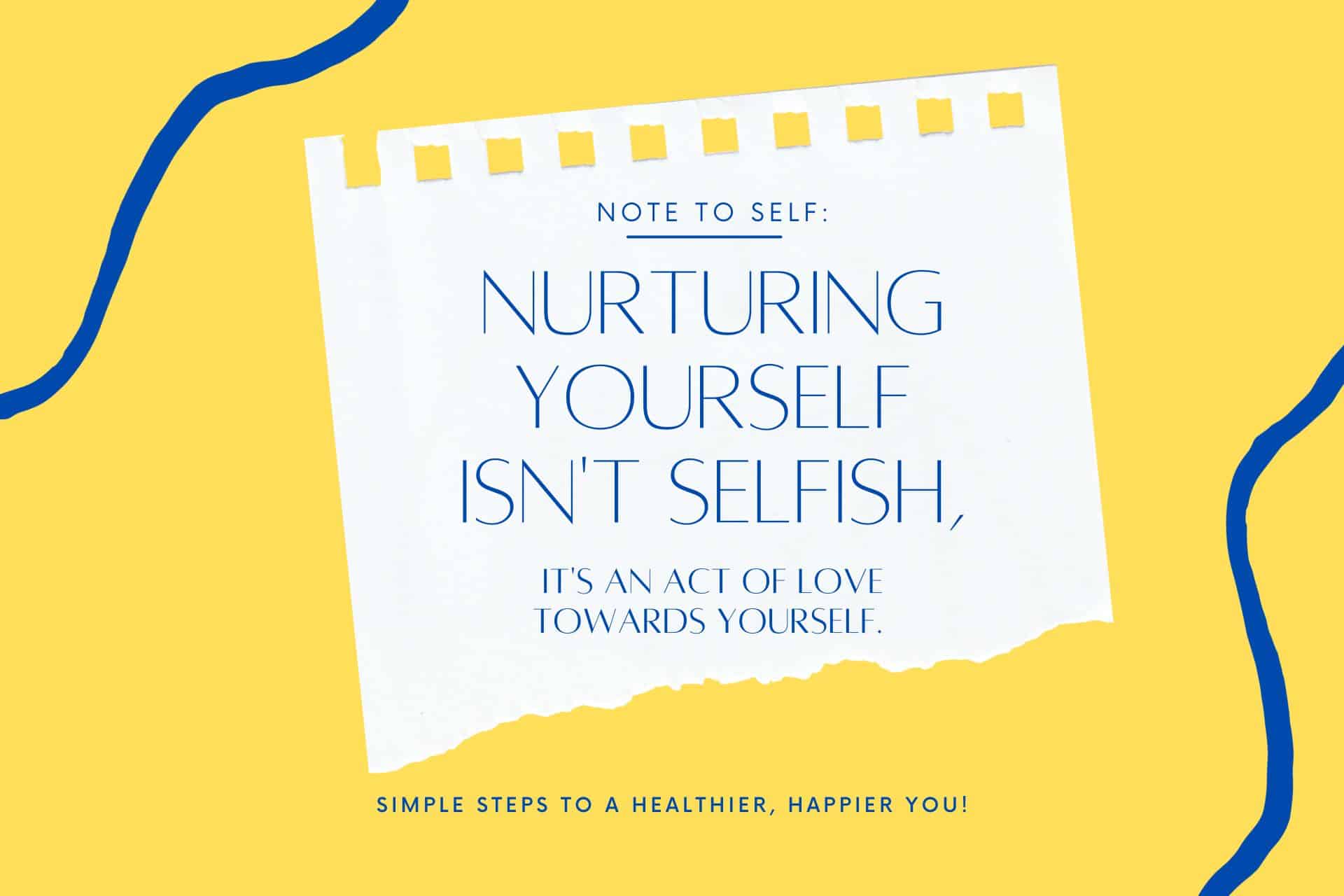
Nurturing Yourself Isn’t Selfish—It’s a Vital Component in Your Health and Wellbeing!
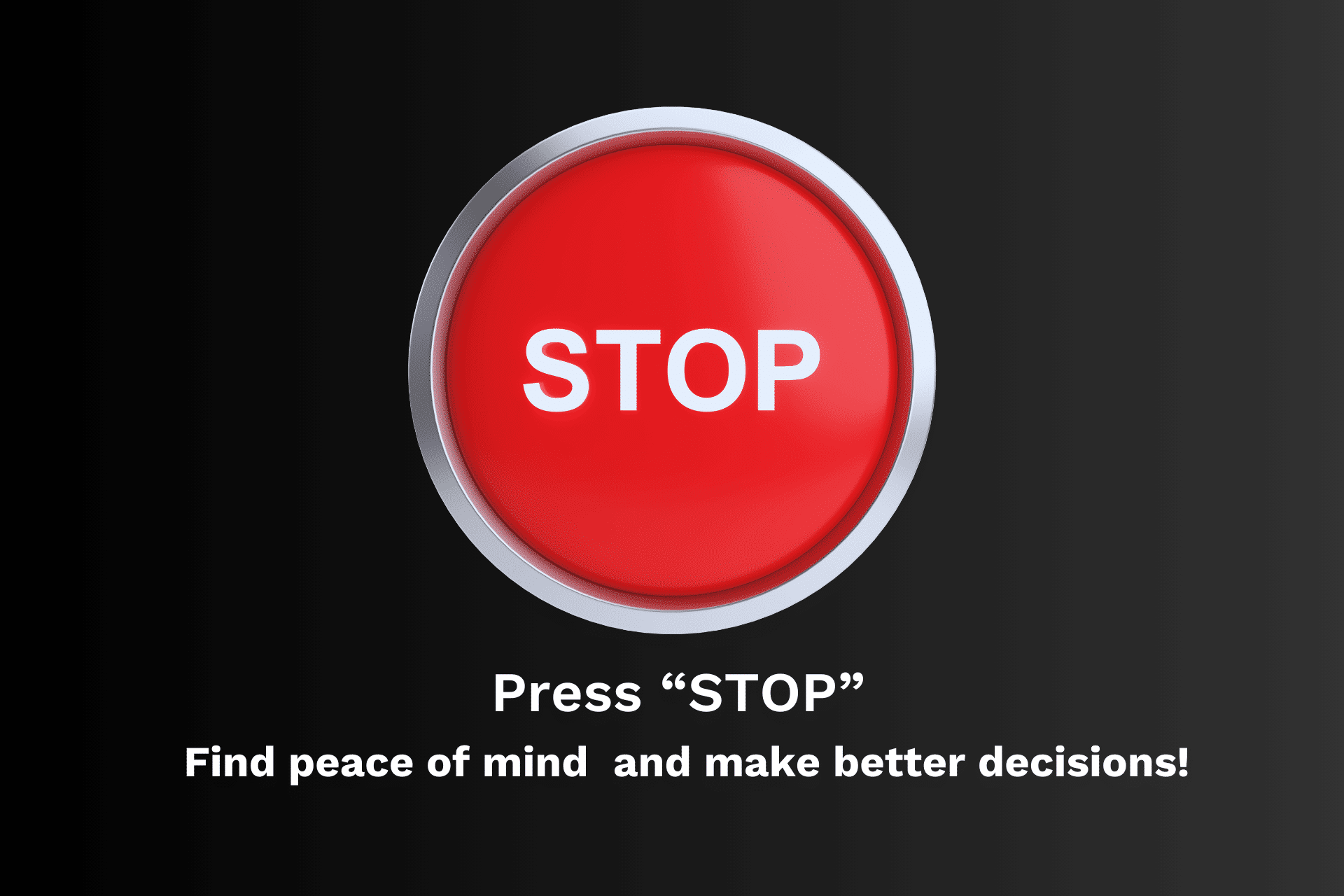
STOP Method: Erase Stress and Boost Productivity in Just 4 Simple Steps!
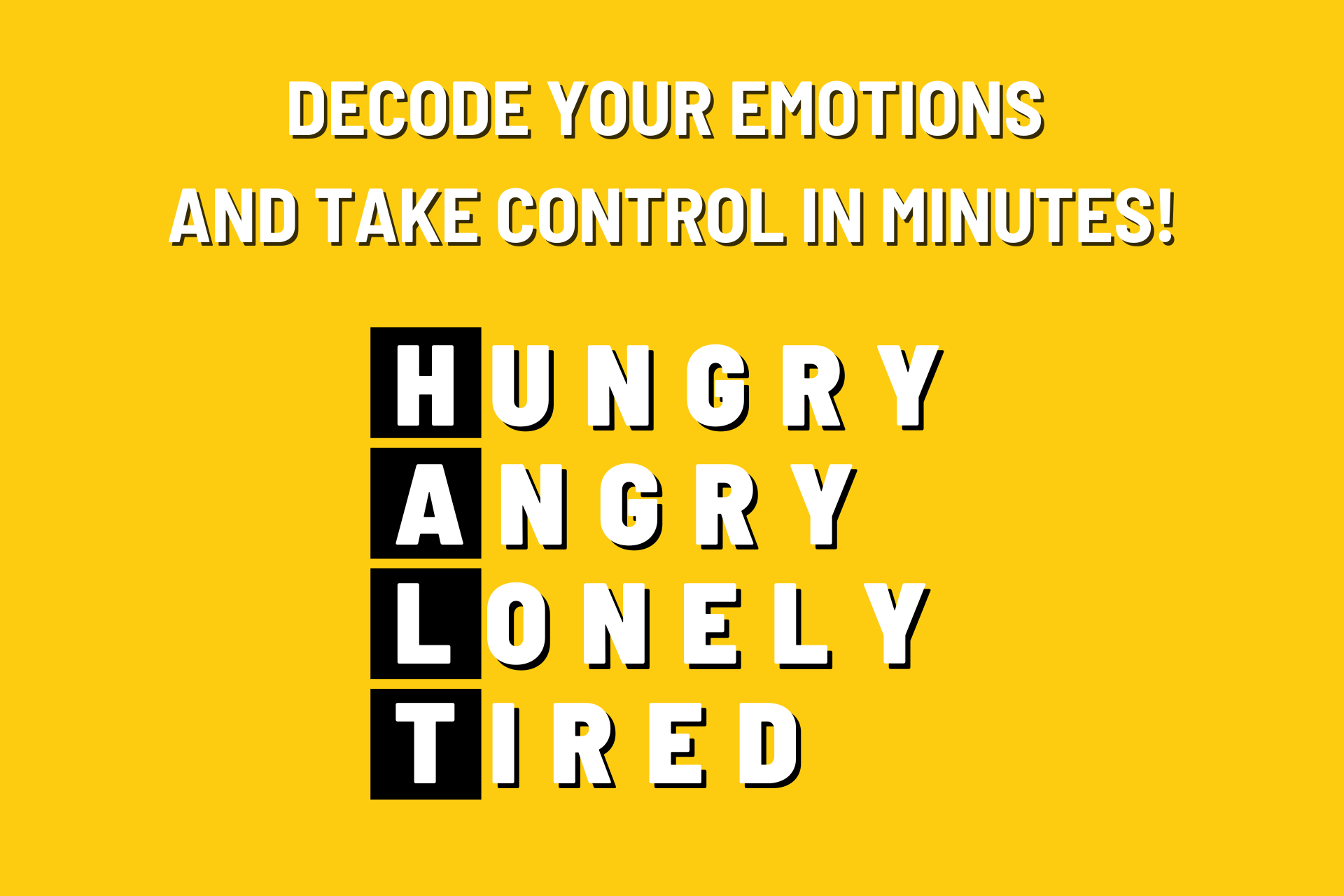
HALT Method: How to Effortlessly Decode Your Emotions and Take Control in Minutes!
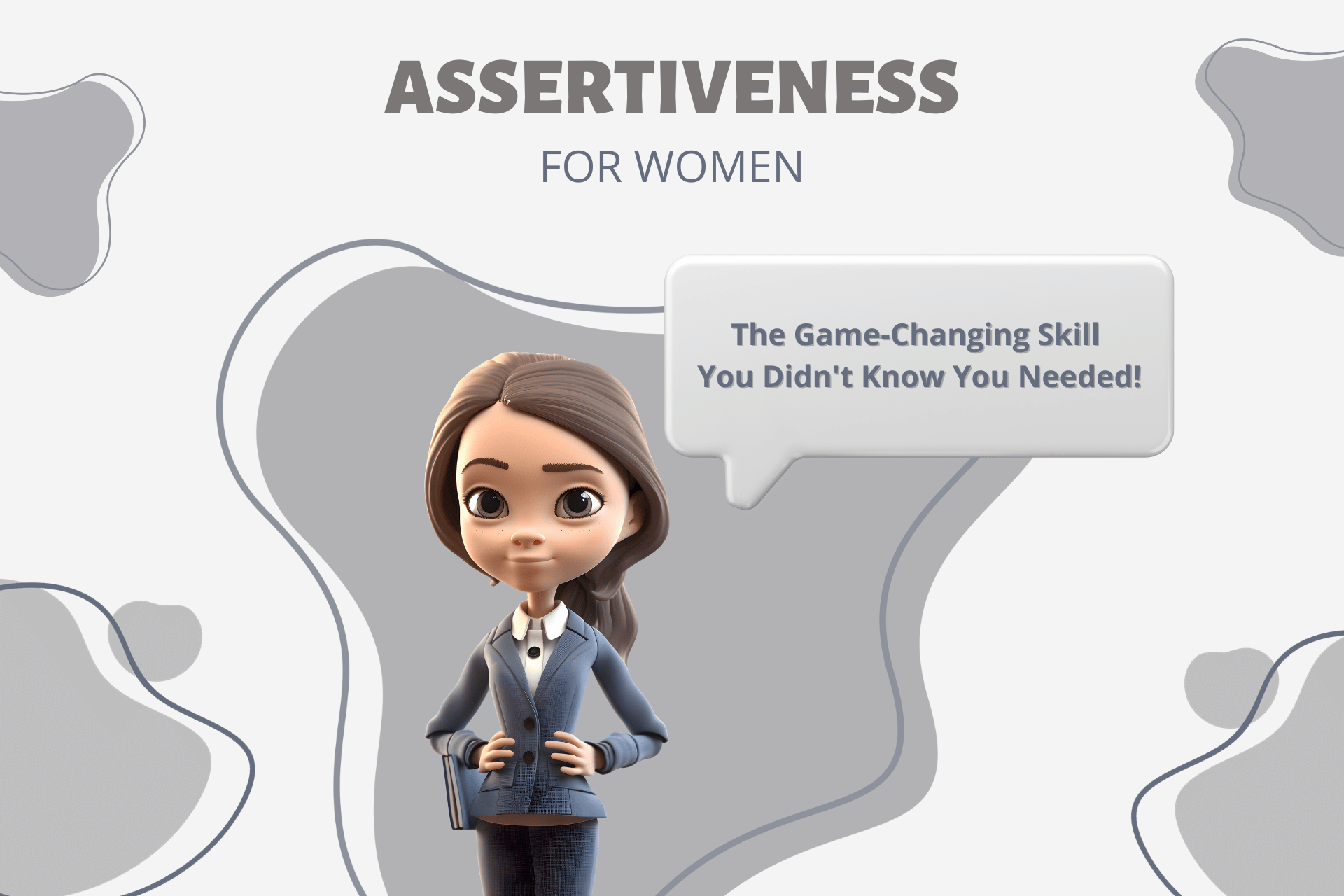
Assertiveness for Women: The Game-Changing Skill You Didn’t Know You Needed!
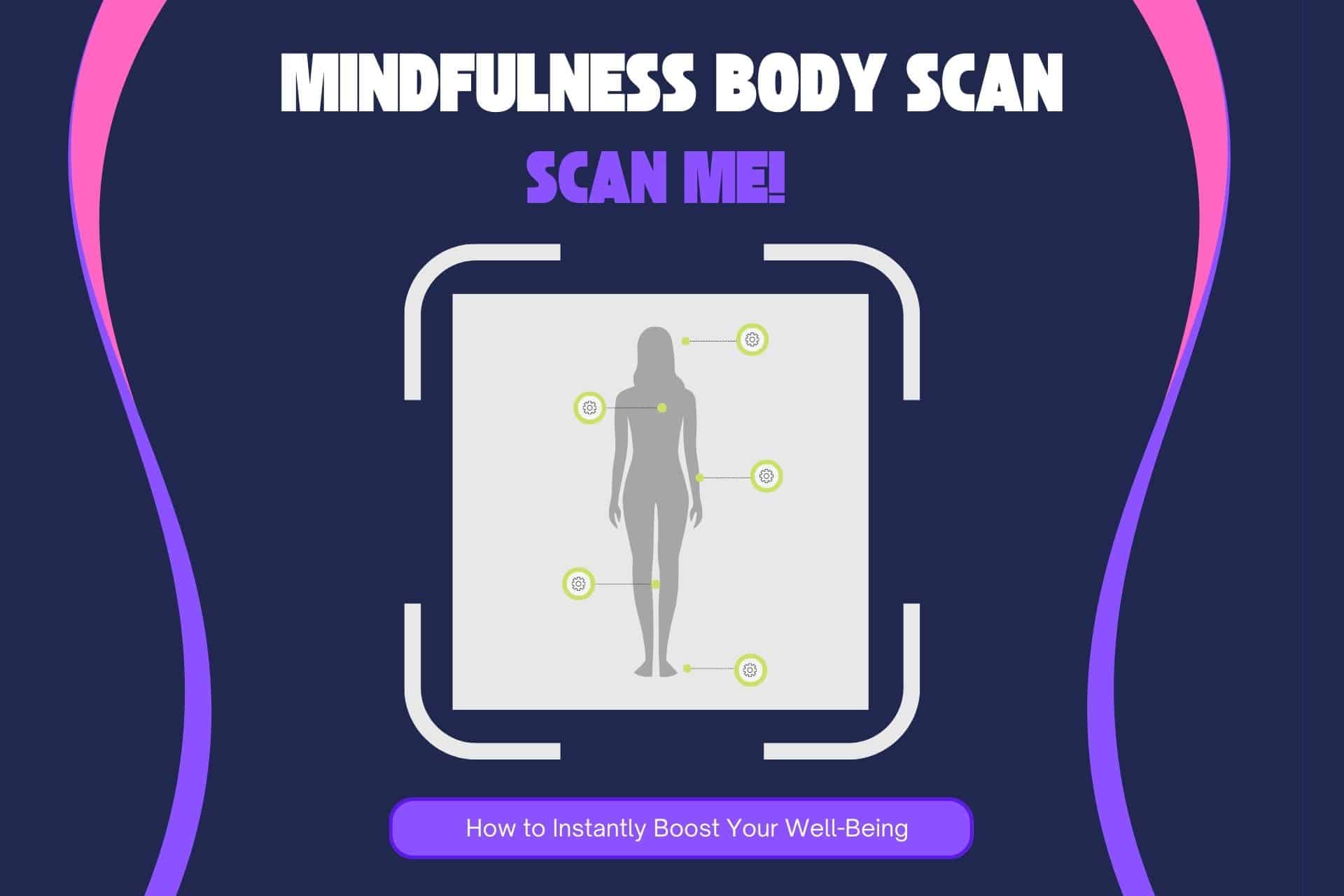
5-Min. Mindfulness Body Scan That Will Change Your Life Forever!
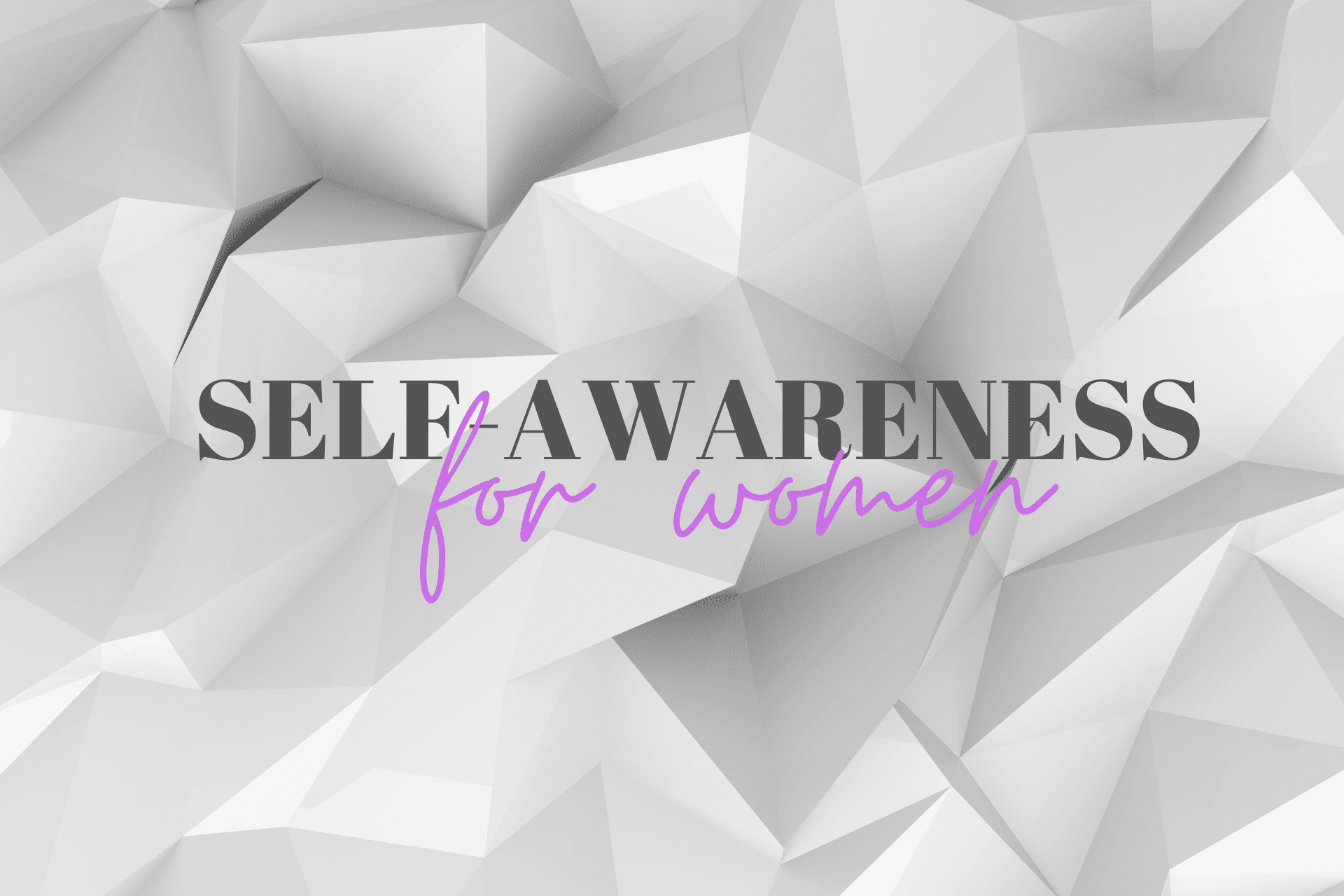
Self-Awareness for Women: The Ultimate Hack for Crushing Your Goals!
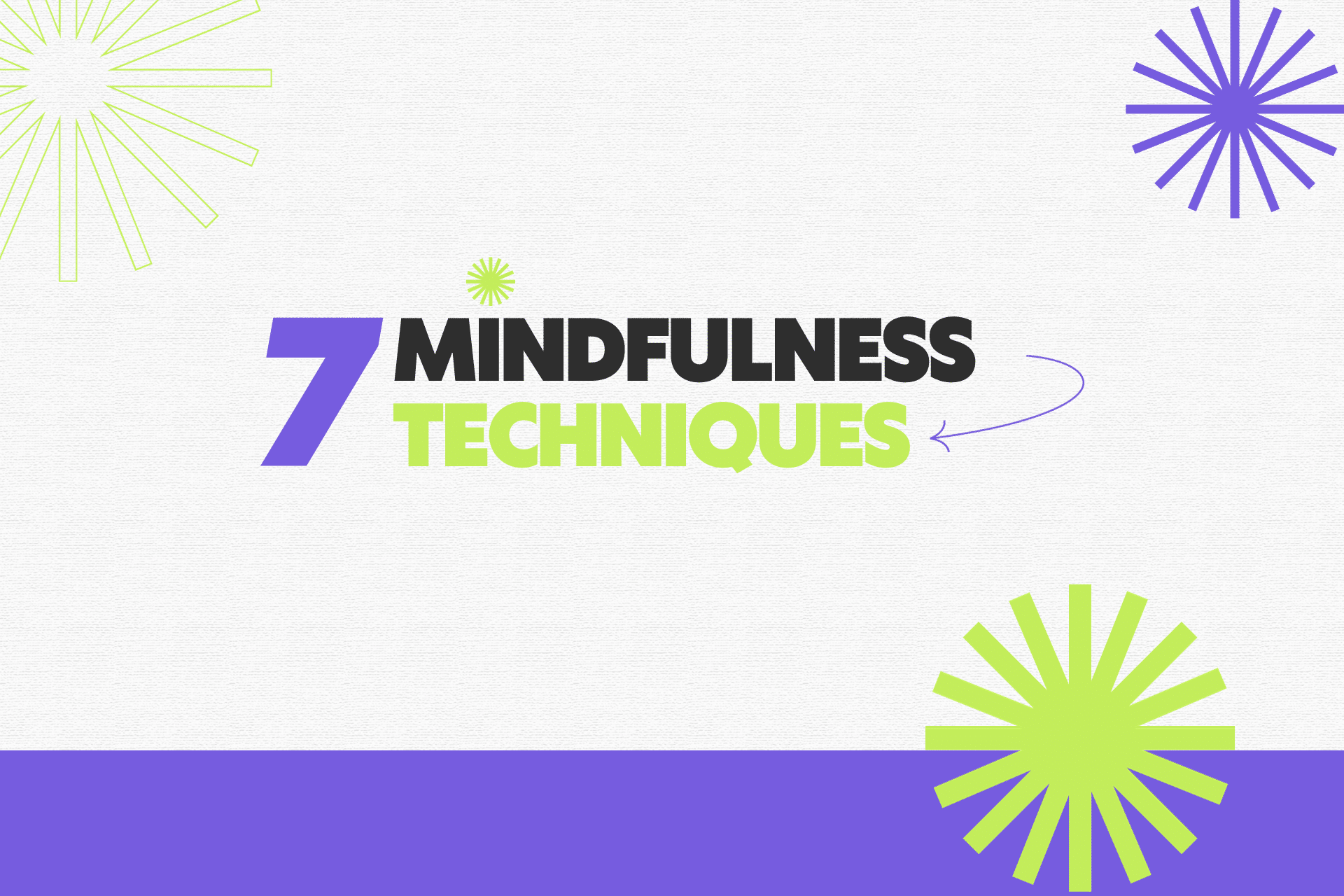
7 Mindfulness Techniques: The Life-Changing Rituals You Need Now!
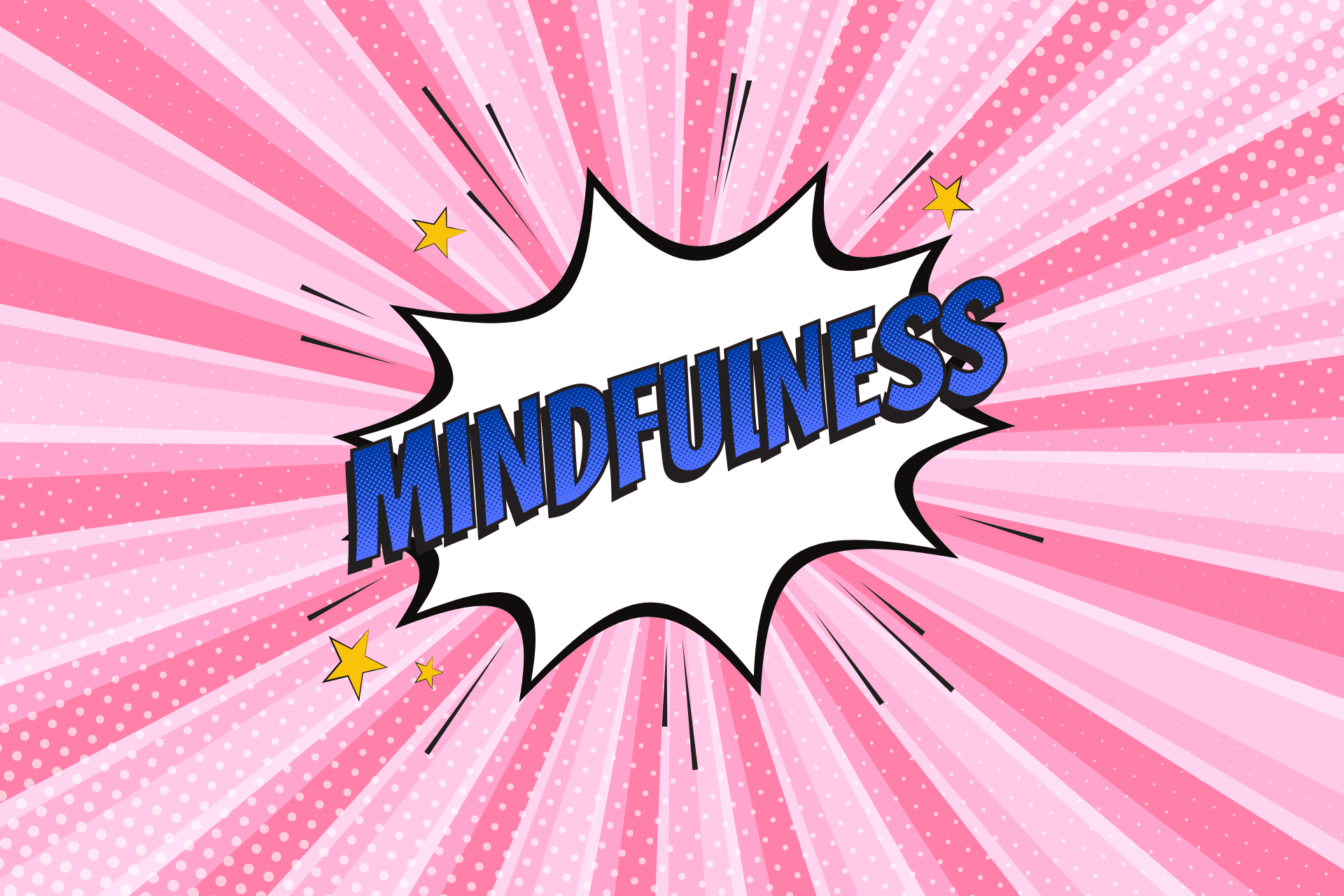
Why Mindfulness is a Superpower? The Real Reason It’s a Life-Changing Power!
Related Articles
Women’s Mental Load: 5 Revolutionary Tricks to Turn Stress into Success!
Emotional Resilience Revealed: The Ultimate Guide to Bouncing Back Faster Than Ever!
What Type of Therapy Do I Need Quiz: Discover the Surprising Therapy Perfect for You!
How to Find the Right Therapist: Surprising Strategies to Connect with Your Ideal Mental Health Ally!
Relaxation Paradox: What to Do When Trying to Relax Stresses You Out!



